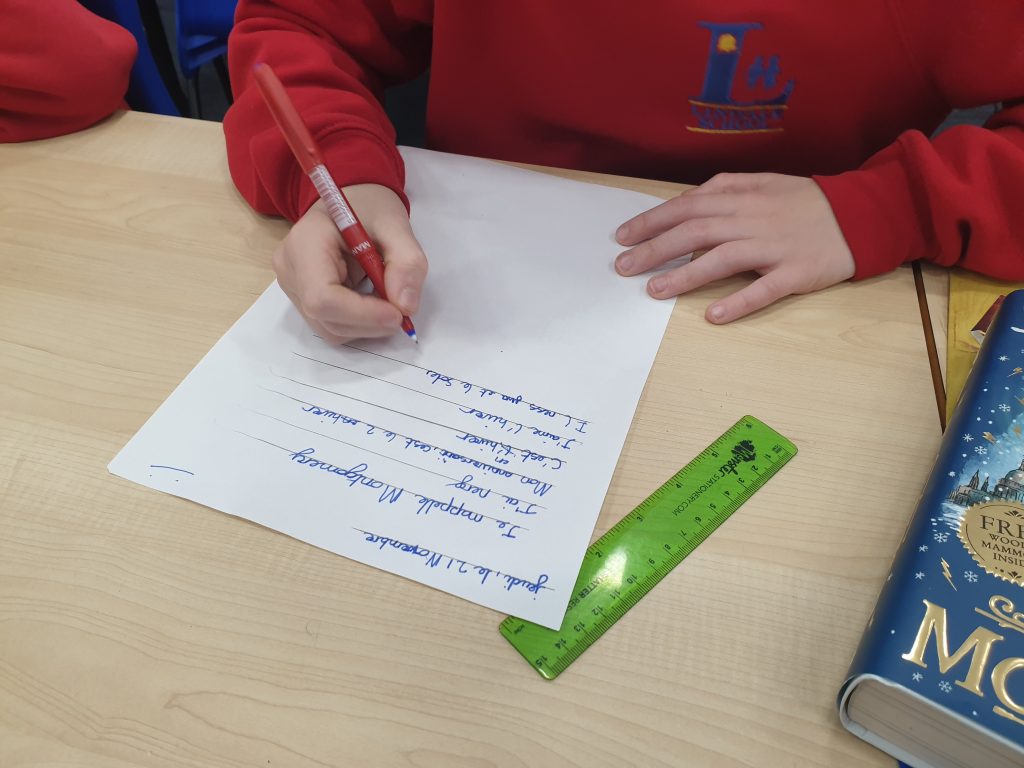- Grange-over-Sands,
- Cumbria LA11 6LE
At Lindale, we have French lessons delivered by Madame Cook. AIM (the Accelerative Integrated Methodology for Language Learning) is a Canadian method for learning languages, where children learn in a fun and natural way and are able to express themselves in French right from the first class. Incorporating story-telling, songs and plays it is one of the most popular and effective language programmes used in Canada and is also hugely popular in the USA, Australia, New Zealand and the Netherlands.
Impact
Early Learning units will start at basic noun and article level and will teach pupils how to formulate short phrases. By the time pupils reach progressive units they will be exposed to more complex language and will be encouraged to formulate their own, more personalised responses based on a much wider bank of vocabulary, linguistic structures and grammatical knowledge. Pupils will continuously build on their previous knowledge as they progress in their foreign language journey through the primary phase. Previous language will be recycled, revised, recalled and consolidated whenever possible and appropriate.
Children will become aware that a language has a structure, and that the structure differs from one language to another. Children will enrich their language learning by developing an understanding of the French culture.
We can see the impact that MFL teaching has on our pupils through the increasing confidence children show in lessons and the feedback from the secondary school about the engagement and knowledge in lessons in Y7.
National Curriculum Objectives:
In French, pupils will learn to:
We aim to ensure that pupils:


